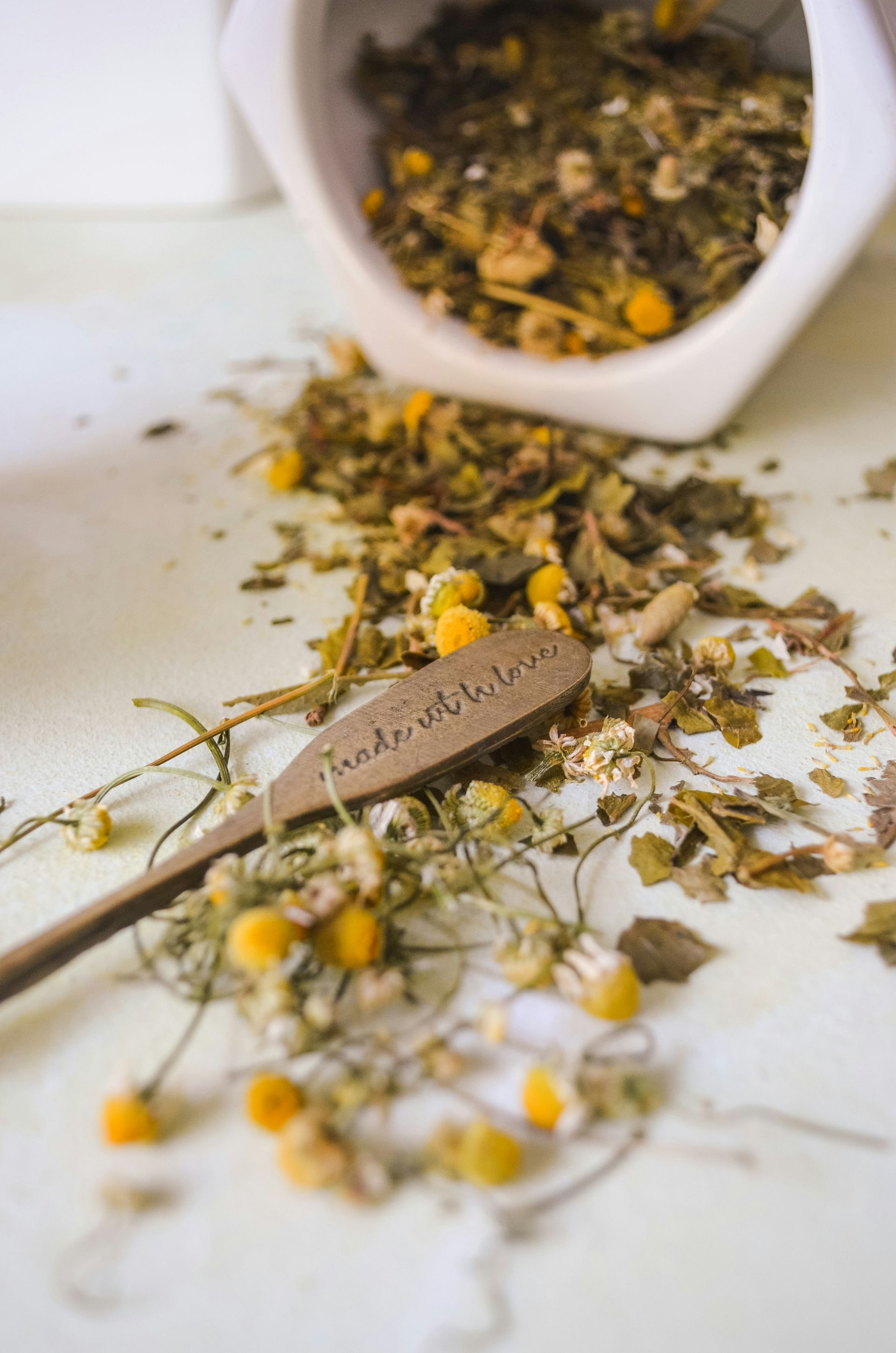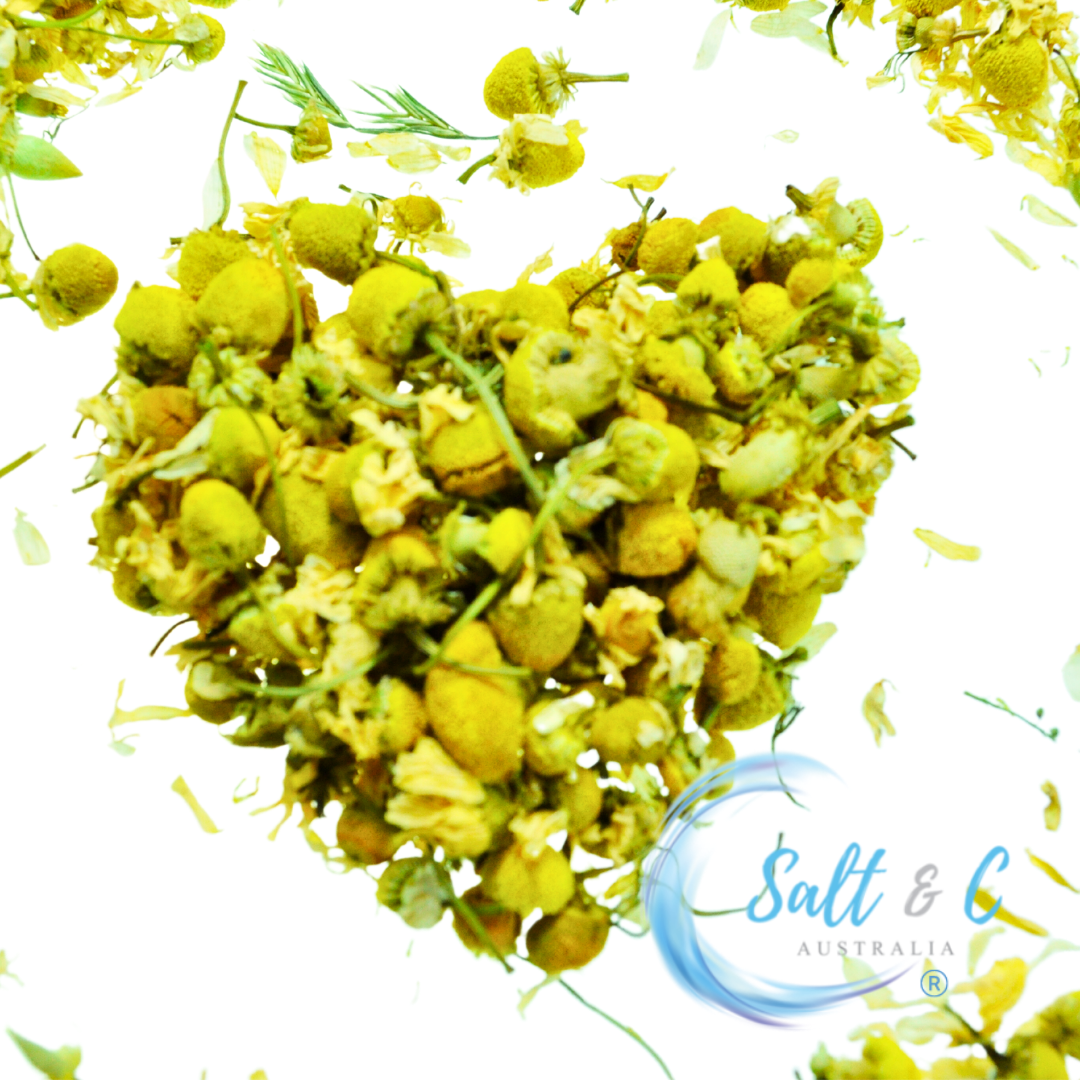Do you suffer from Seasonal Depression?
Do you suffer from Seasonal Depression?

Do you suffer from Seasonal Depression?
It usually occurs during the winter months when there is less natural sunlight. The reduced daylight can disrupt the body's internal clock and affect mood-regulating neurotransmitters like serotonin.
🌞 Regular exposure to light can help regulate your body's internal clock and alleviate symptoms of seasonal depression.
🌞 The days may be shorter and colder, but try to spend some time outdoors during daylight hours. Take a walk, go for a hike, or engage in any activity that gets you moving and exposed to natural light.
🌞 Move your body! Engaging in regular physical activity has been shown to boost mood and reduce symptoms of depression. Exercise releases endorphins, which are natural mood elevators. Find activities you enjoy and make them a part of your routine.
😴 Eat a balanced diet, get enough sleep, and try to manage your stress levels. A healthy lifestyle can have a positive impact on your overall well-being, including your mental health.
🌞 Seek support: Don't hesitate to reach out to a mental health professional who can provide guidance and support. They can also help you with developing coping strategies.
🌞 Create a positive environment: Surround yourself with things that bring you joy and comfort. Decorate your living space with items that evoke positive emotions, use scents that uplift your mood, and engage in activities that you find fulfilling.
🌞 Make a list and reflect on all the good things you love about winter. "I love holding a nice warm mug in my hands as I take time out to enjoy a nice warm drink". 💕What do you love about winter?
This blog provides general information about Seasonal Depression. The words and other content provided in this blog, and in any linked materials, are not intended to replace a one-on-one relationship with a qualified healthcare professional. This blog should not be construed as medical advice or used to diagnose, treat, prevent or cure any disease or condition. If the reader or any other person has a medical concern, then he or she should consult with an appropriately licensed physician or other healthcare professional. This blog is not a substitute for professional medical advice, diagnosis or treatment, and should not be relied upon to make decisions about your health or the health of others. Never disregard professional medical advice or delay in seeking it because of something you have read on this blog or elsewhere on Salt & C Australia. If you think you may have a medical emergency, then immediately call your doctor or dial 000.



